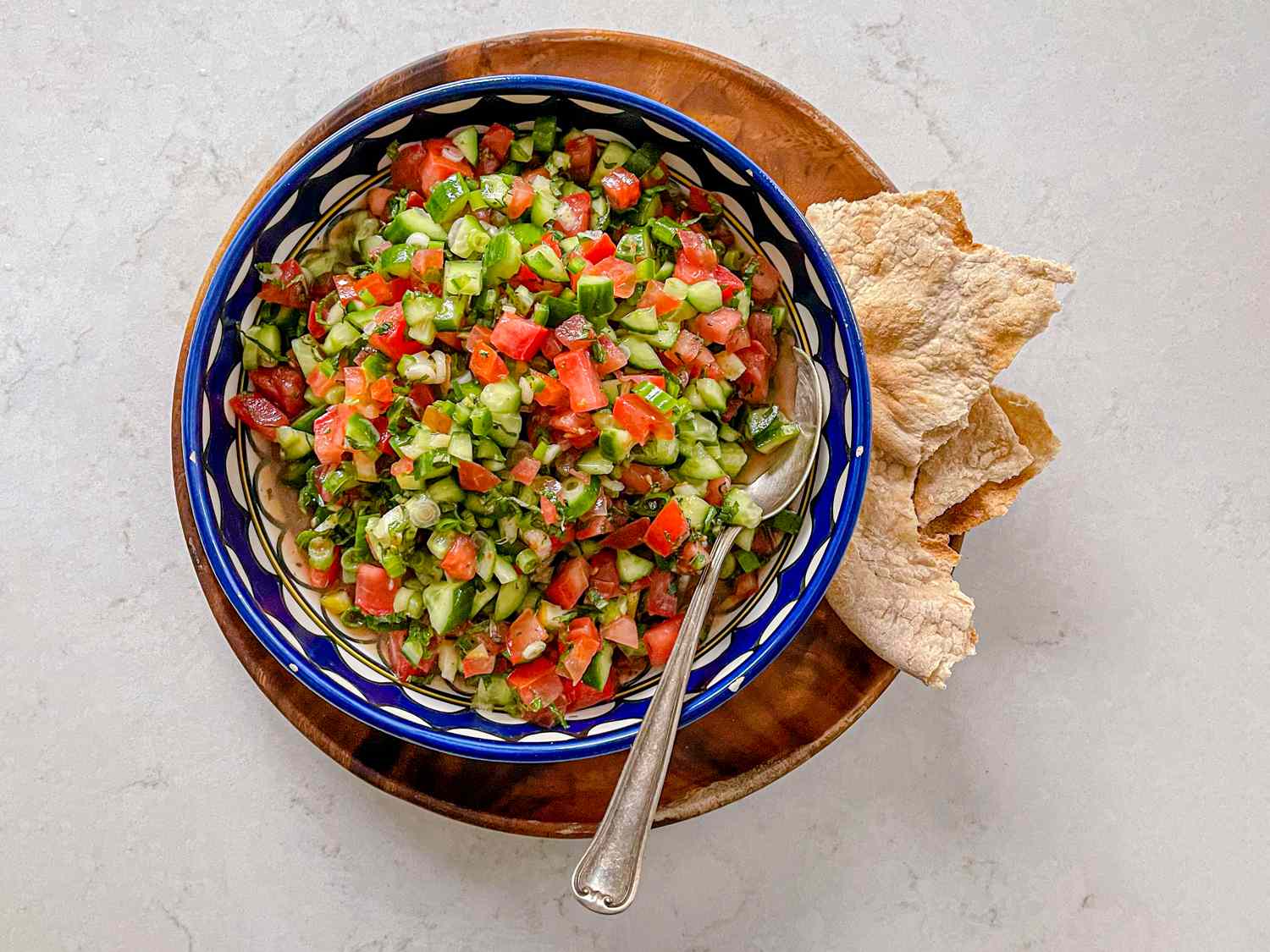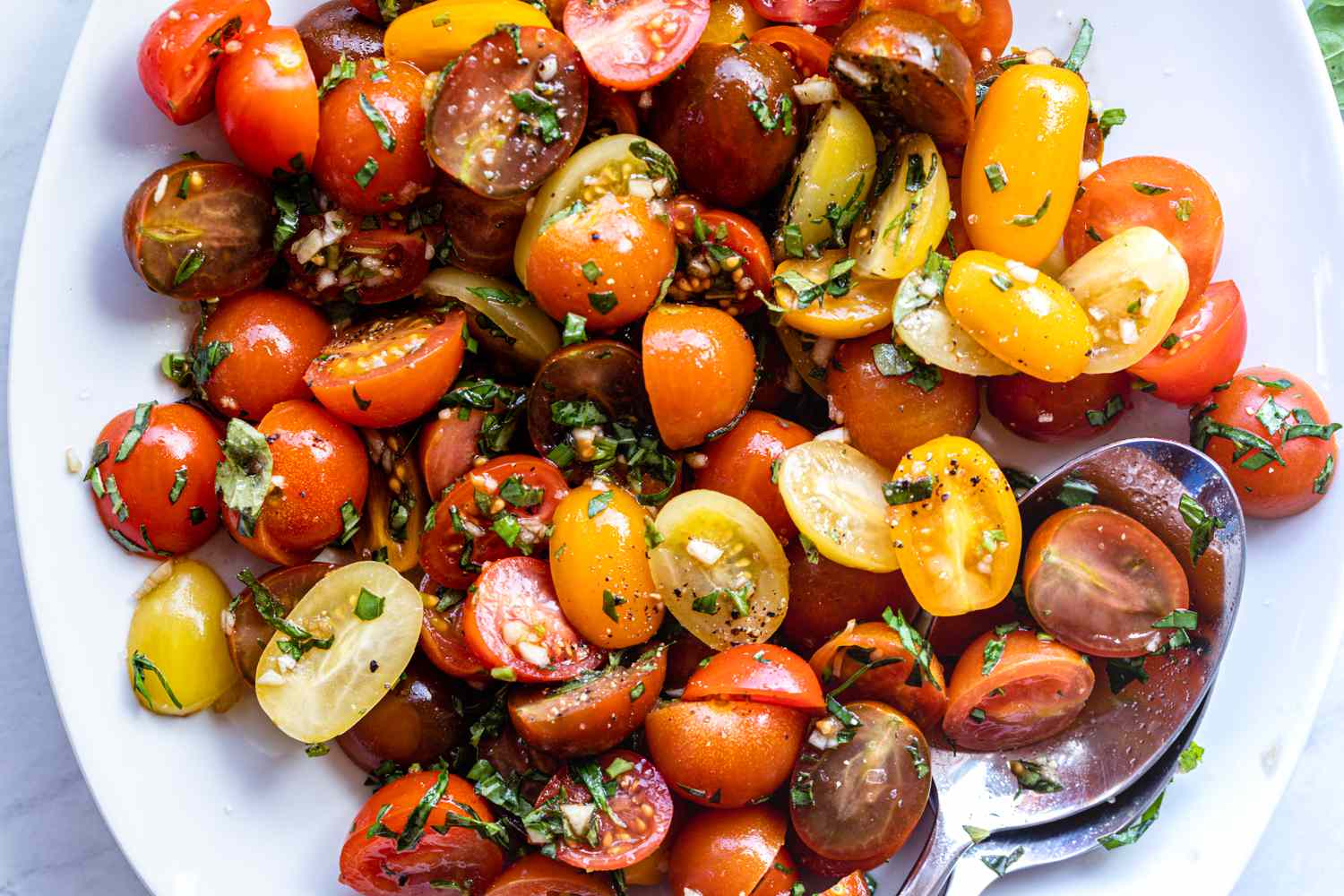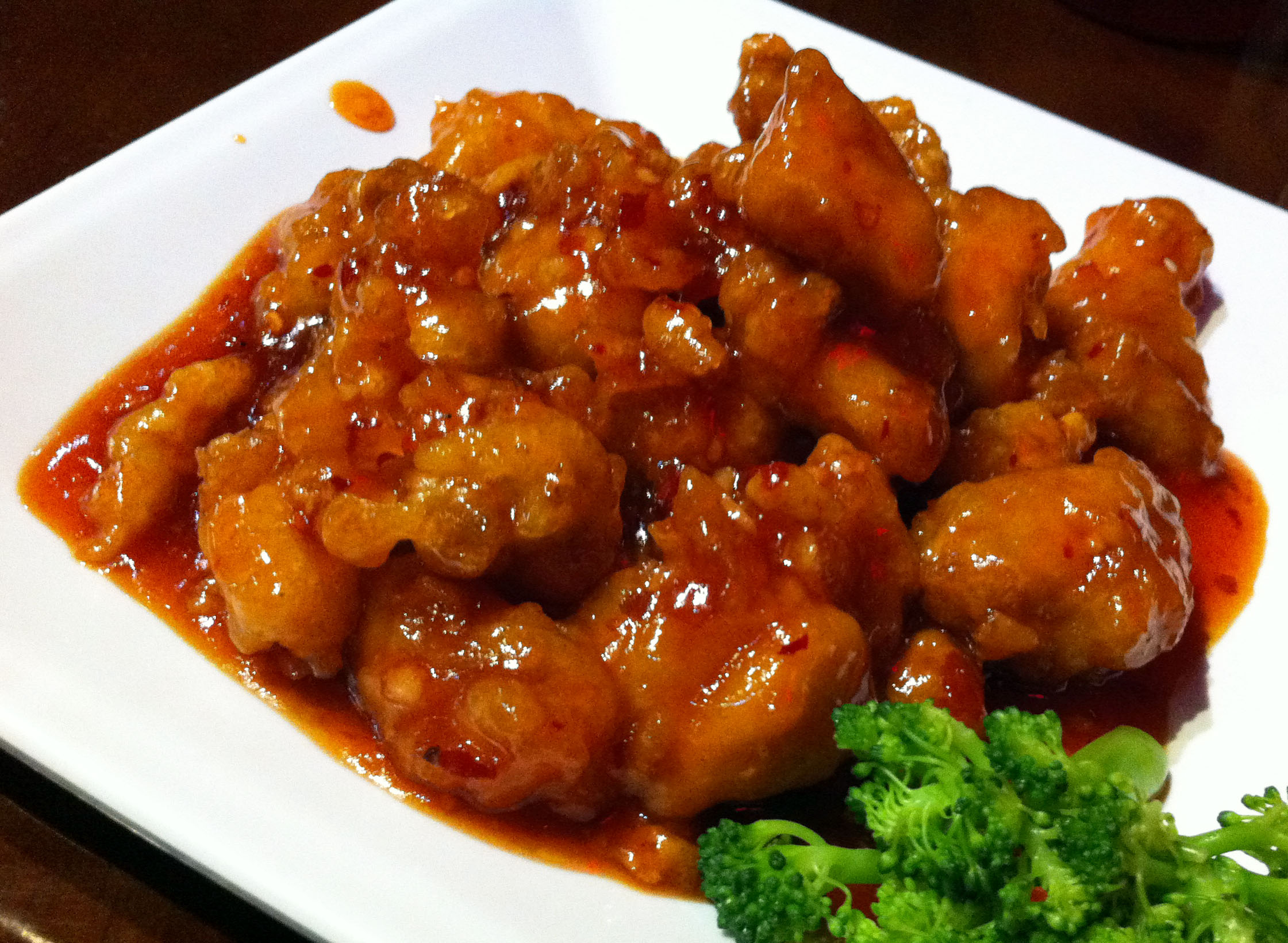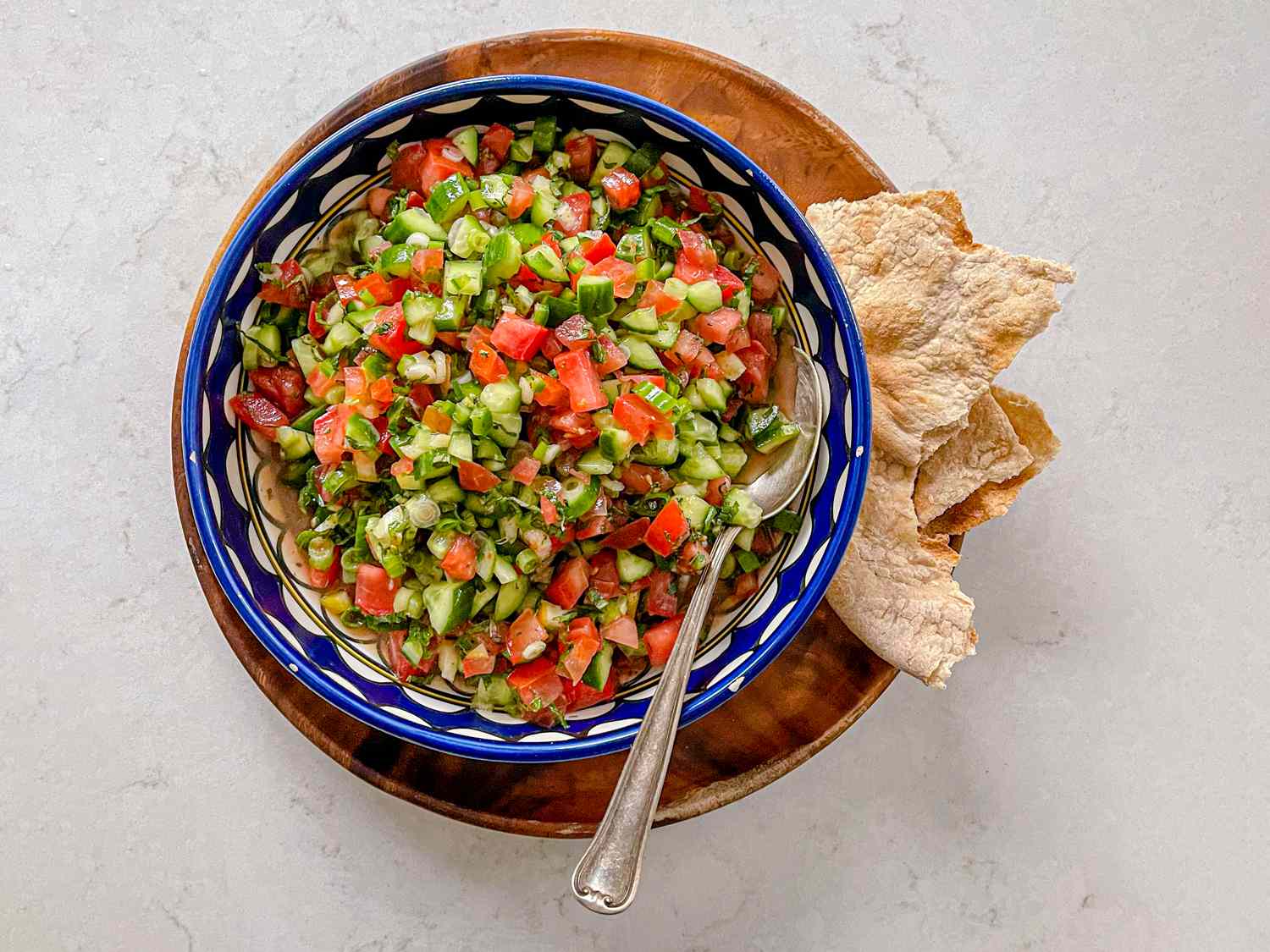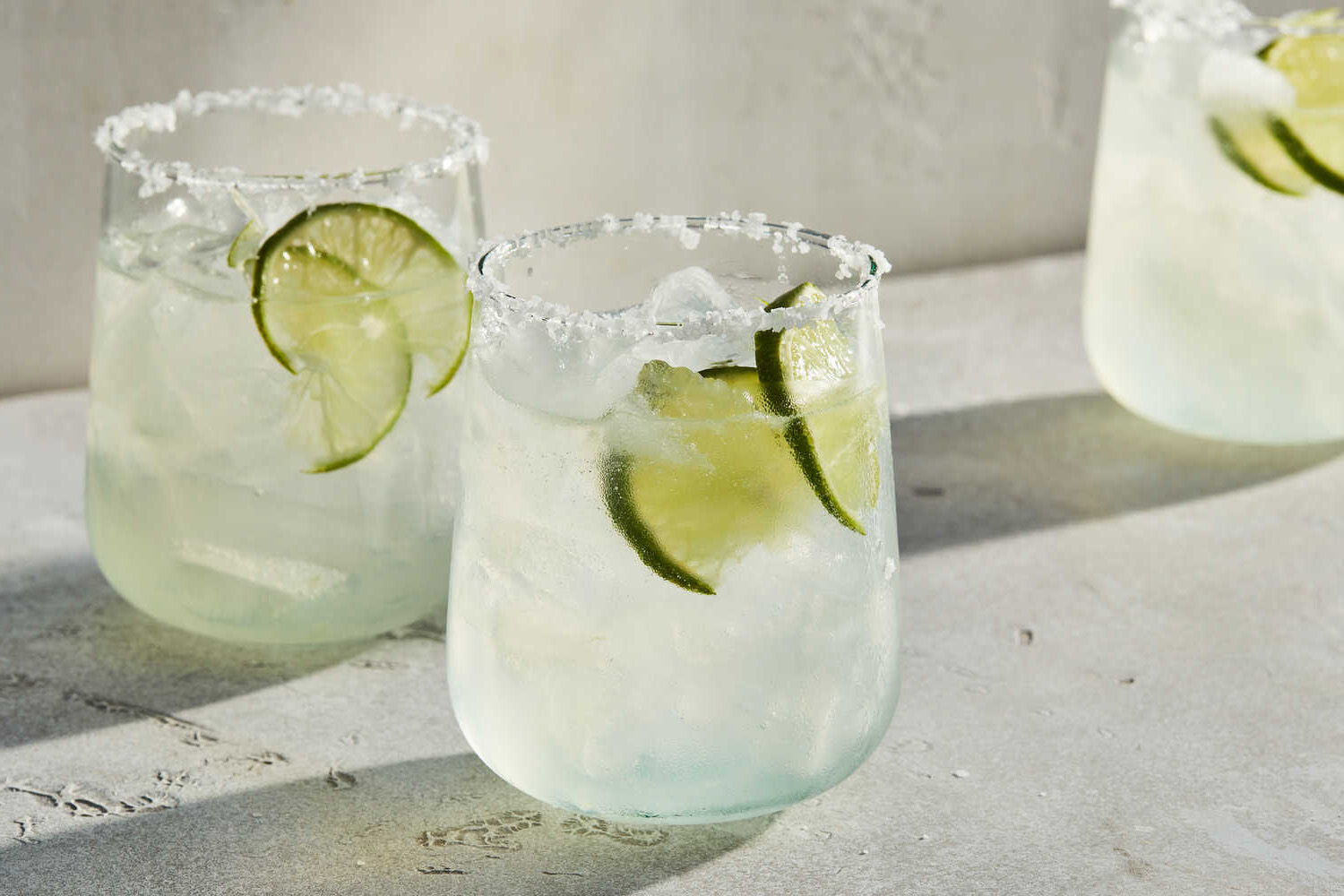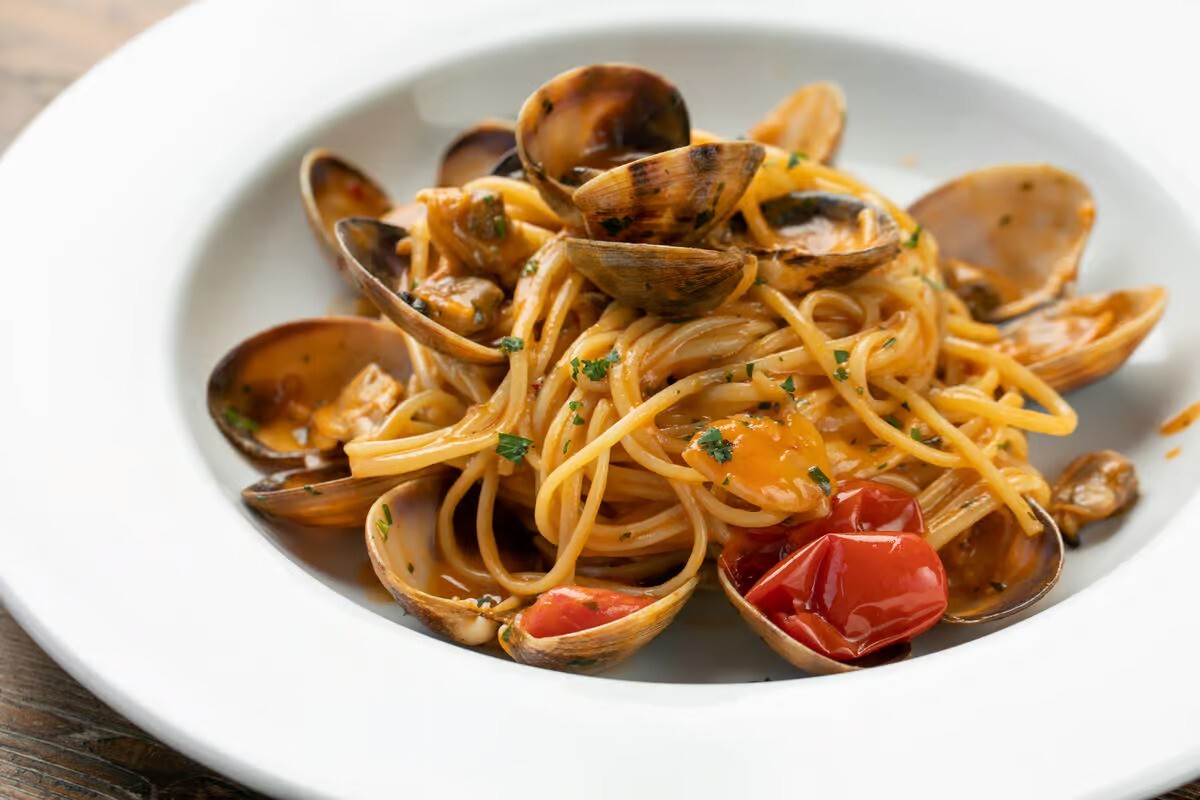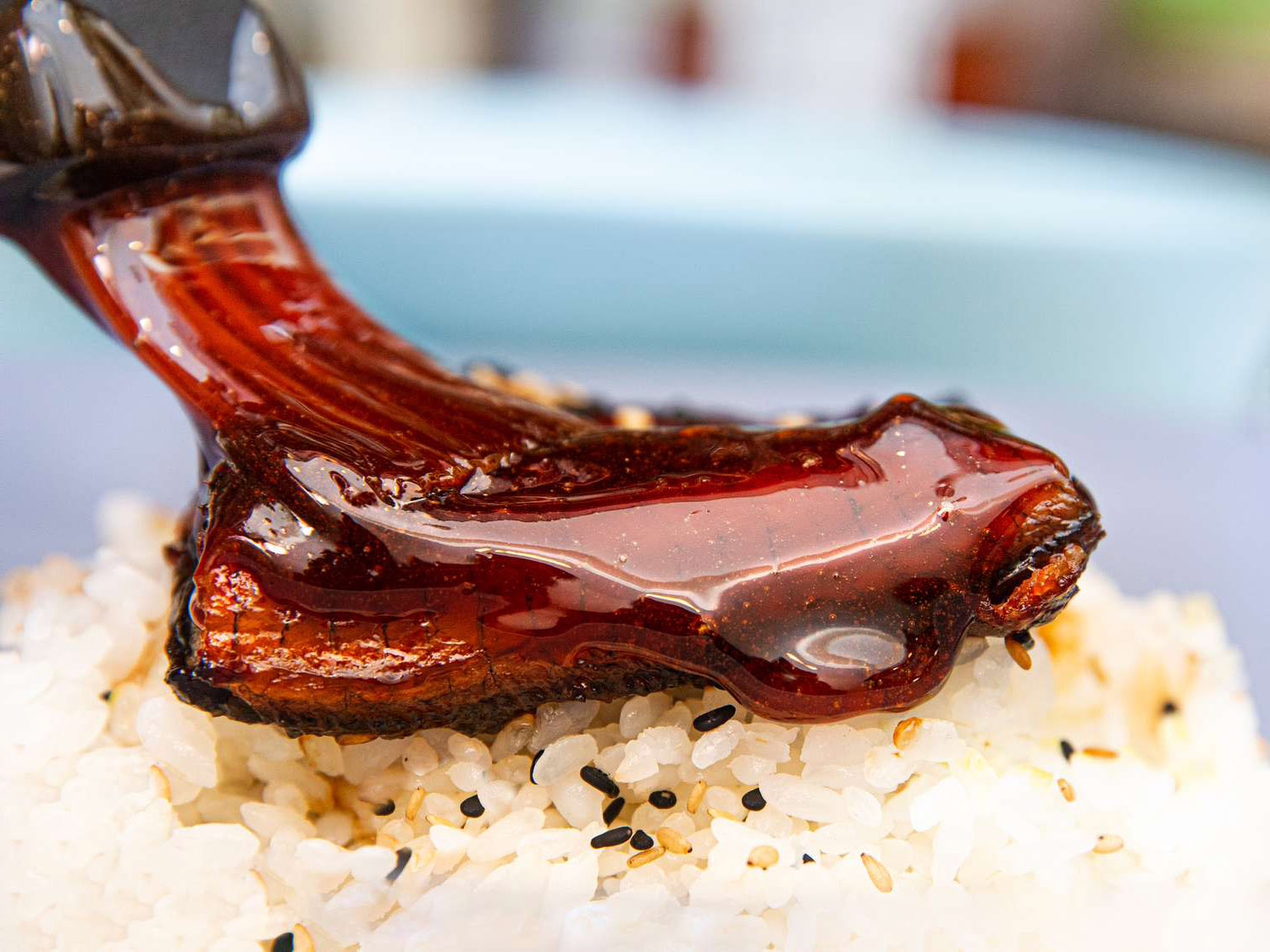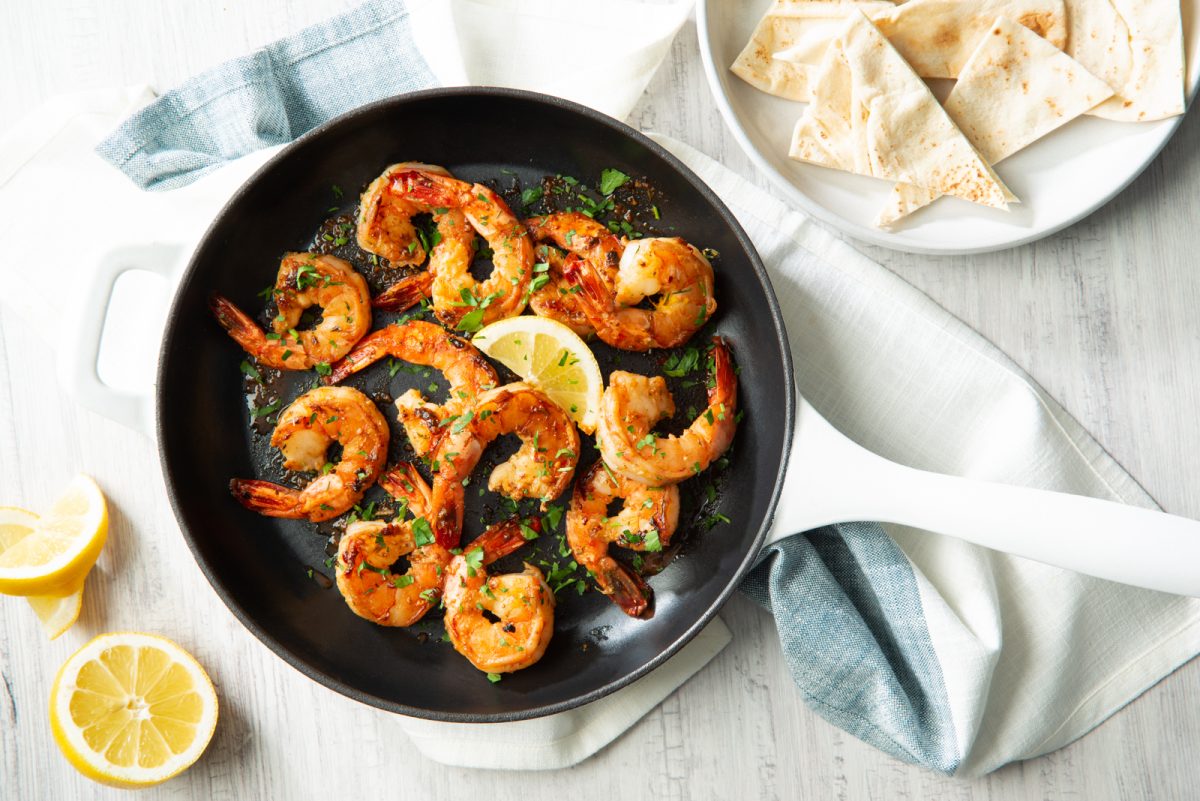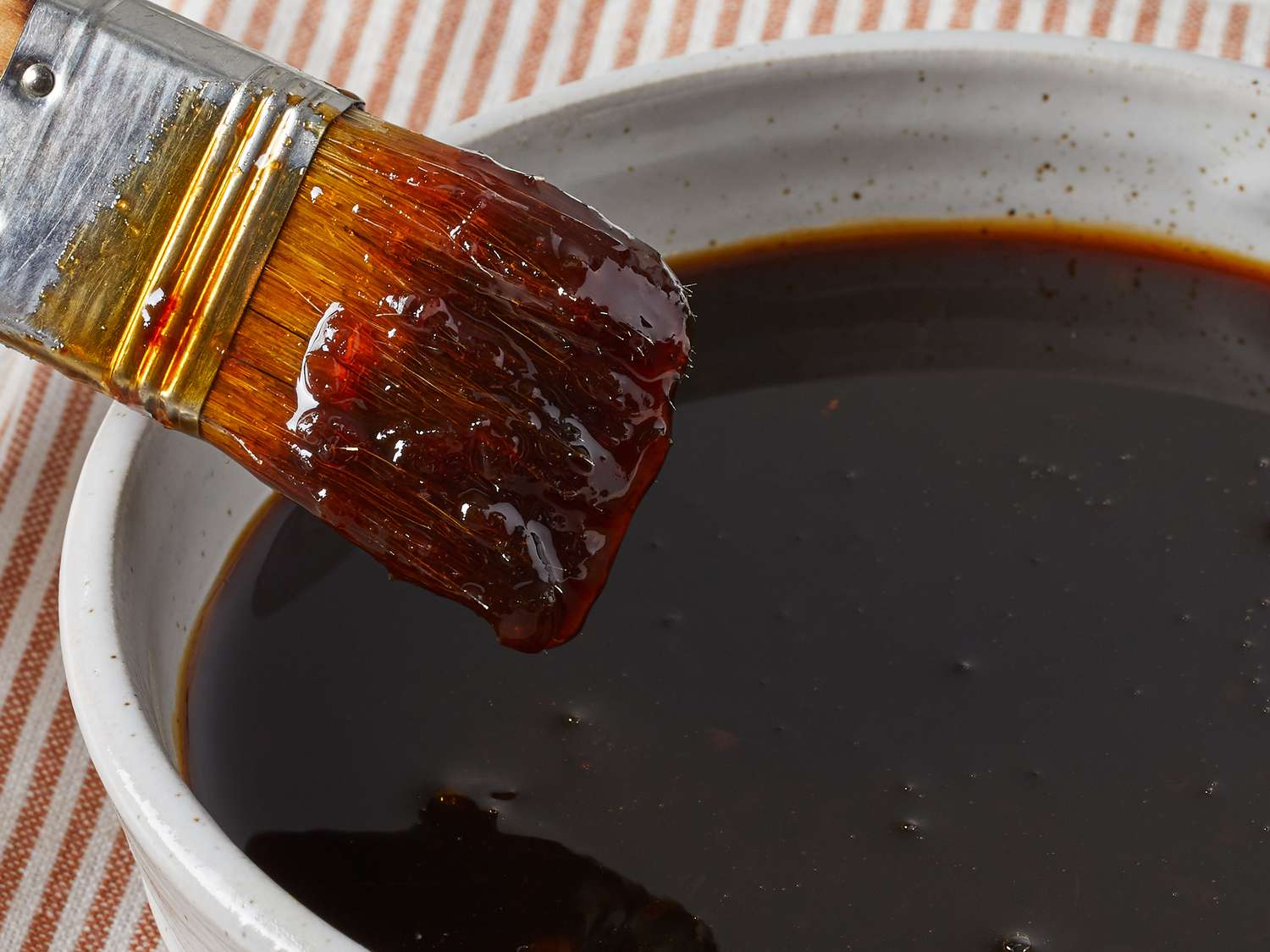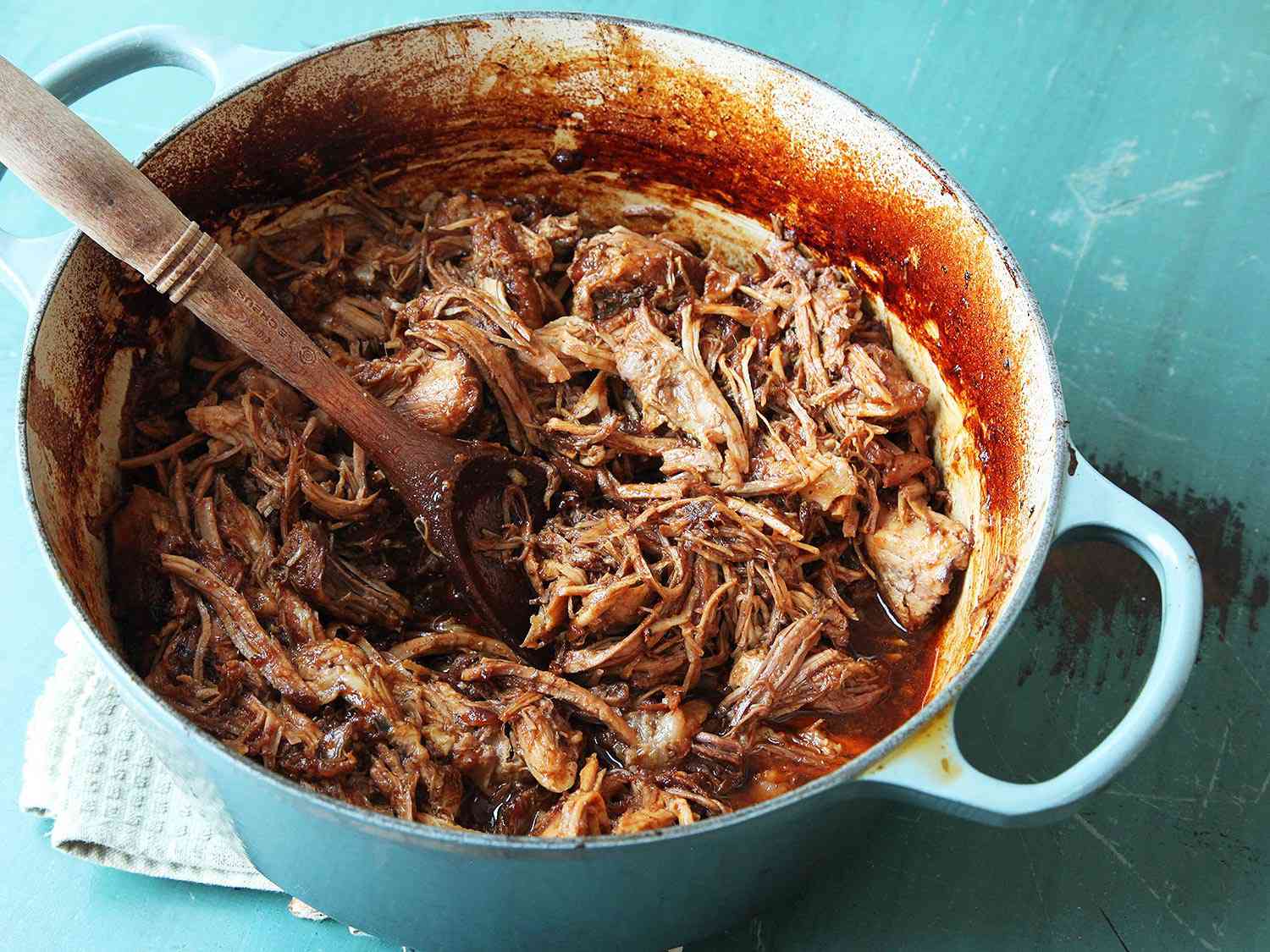The Difference Between Ghee and Butter
When it comes to cooking and baking, ghee and butter are two popular ingredients that are often used interchangeably. While they may seem similar, there are some key differences between the two. Let’s take a closer look at the distinctions between ghee and butter to understand how they differ in terms of taste, nutrition, and culinary uses.
Taste and Aroma
Butter: Butter is made from churning cream and has a rich, creamy flavor with a slightly salty taste. It also has a distinct dairy aroma that is characteristic of traditional butter.
Ghee: Ghee, on the other hand, is a type of clarified butter that has been simmered to remove the milk solids, leaving behind a nutty and aromatic fat. Ghee has a rich, buttery flavor with a hint of sweetness and a nutty aroma that sets it apart from regular butter.
Nutritional Differences
Butter: Butter is a good source of fat-soluble vitamins like A, E, and K2. It also contains cholesterol and saturated fats, which have been the subject of much debate in the world of nutrition.
Ghee: Ghee is a type of clarified butter that is free of lactose and casein, making it suitable for individuals with dairy sensitivities. It is rich in fat-soluble vitamins and contains healthy fatty acids, making it a popular choice for those following a ketogenic or paleo diet.
Culinary Uses
Butter: Butter is a versatile ingredient that is used in a wide range of culinary applications, including baking, sautéing, and as a spread. It adds richness and flavor to dishes and is a staple in many kitchens around the world.
Ghee: Ghee is commonly used in Indian and Middle Eastern cuisines and is known for its high smoke point, making it ideal for frying and deep-frying. It is also used in traditional Ayurvedic medicine for its purported health benefits.
Storage and Shelf Life
Butter: Butter should be stored in the refrigerator to prevent it from spoiling. It has a relatively short shelf life and can go rancid if not used within a few weeks.
Ghee: Ghee has a longer shelf life than butter and does not require refrigeration. When stored in an airtight container, ghee can last for several months at room temperature without spoiling.
Conclusion
While both ghee and butter are derived from dairy and share some similarities, they have distinct differences in terms of taste, nutrition, and culinary uses. Whether you choose to use ghee or butter in your cooking will depend on your personal preferences, dietary restrictions, and the specific dish you are preparing. Understanding the unique characteristics of ghee and butter can help you make informed decisions when selecting the right ingredient for your culinary creations.
Was this page helpful?
Read Next: What Is A Cutlet
